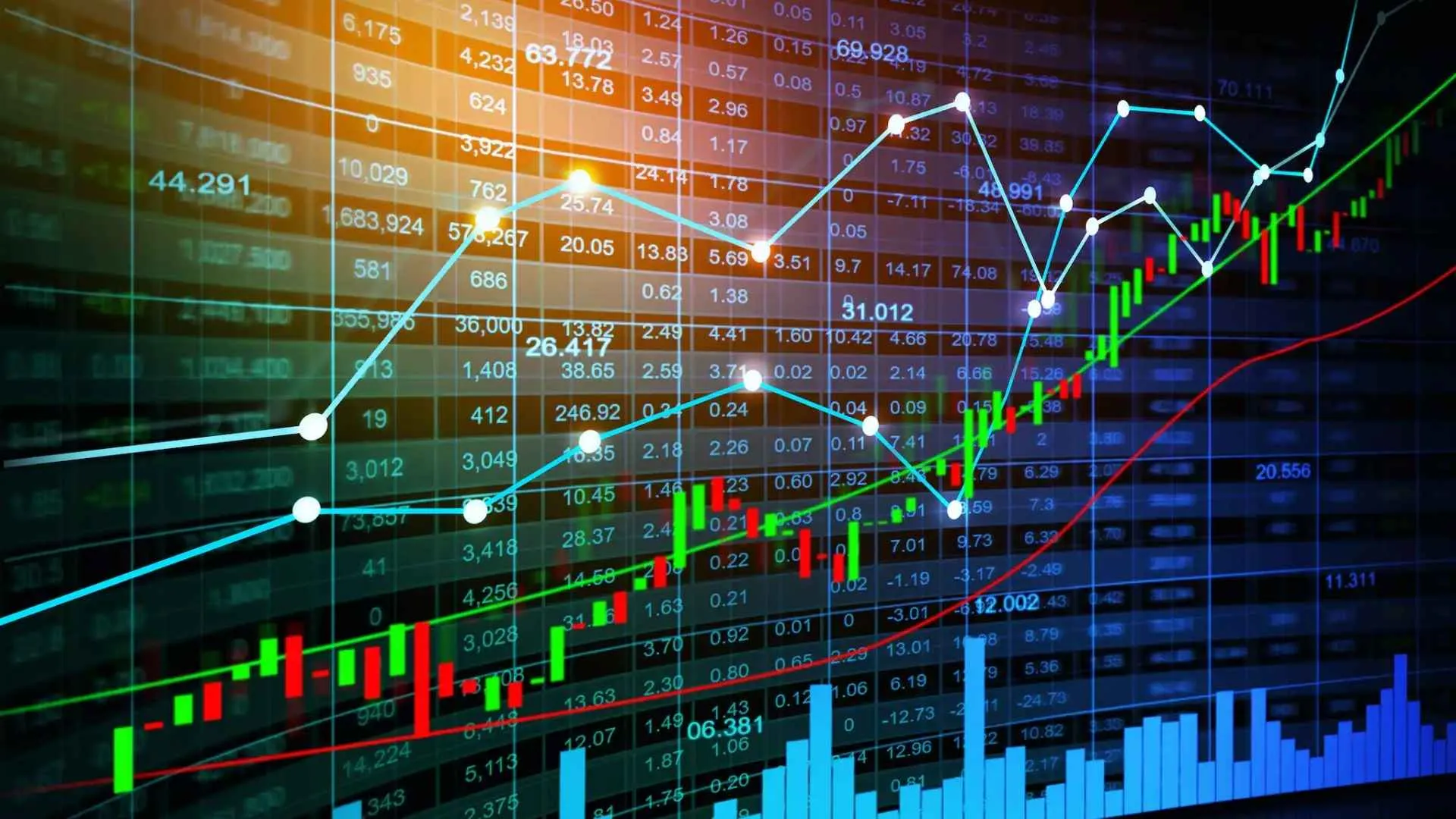Police in Pakistan have stepped up security nationwide after a wave of violent attacks on Kentucky Fried Chicken (KFC) outlets. The fast-food chain, seen by many in the country as a symbol of the United States, has become a focal point of protests triggered by U.S. support for Israel’s ongoing war in Gaza.
So far, at least 178 people have been arrested in connection with a series of coordinated attacks on KFC franchises across major cities including Karachi, Lahore, and Islamabad. Protesters armed with sticks and iron rods vandalized several locations—shattering windows and, in some instances, setting the establishments on fire.
One KFC Worker Killed in Lahore, Motive Under Investigation
A KFC employee was shot and killed by an unknown assailant on the outskirts of Lahore. Police confirmed that no protest was underway at the time of the shooting and stated that they are still investigating whether the killing was politically motivated.
KFC’s American identity has long made it a target during periods of heightened anti-American sentiment in Pakistan. In 2006, the chain—along with other Western brands like McDonald’s—was attacked during protests against cartoons published in Europe that depicted the Islamic prophet Muhammad.
Religious Leaders and Islamist Groups Urge Boycott Against KFC
Recent weeks have seen renewed calls for boycotts of U.S.-linked products in Pakistan. Influential religious leaders and groups have spoken out strongly against the violence, even as they continue to oppose Israel’s military actions.
Tehreek-e-Labbaik Pakistan (TLP), an Islamist party known for its street power, has denied any role in the attacks. “TLP has urged Muslims to boycott Israeli products, but it has not given any call for protest outside KFC,” said TLP spokesman Rehan Mohsin Khan.
Pakistan’s most prominent Sunni cleric, Mufti Taqi Usmani, echoed similar sentiments. Speaking at the National Palestine Conference on Thursday, he urged peaceful resistance.
“It is essential to boycott products and companies from or linked to Israel,” Usmani said. “But Islam is not a religion that encourages harming others. It is prohibited to throw stones or put anyone’s life at risk. So, continue your protest and boycott, but do so in a peaceful manner. There should not be any element of violence or non-peaceful behavior.”
Global Backlash Against Western Brands Over Gaza War
The reaction in Pakistan is part of a broader trend seen in other Muslim-majority countries, where American and Israeli-linked brands have faced backlash. McDonald’s, for example, confirmed last year that it would buy back all of its Israeli outlets after boycotts over its perceived support for Israel led to a drop in sales.
Starbucks, too, has found itself under pressure. In 2023, the coffee chain called for peace and condemned what it called the “misrepresentation” of its stance on the Israel-Gaza conflict amid a series of boycott campaigns.
The fallout from these boycotts is becoming increasingly visible in Pakistan’s consumer markets. Local alternatives are gaining traction, especially in the beverage sector. GlobalData reported that Coca-Cola’s market share in Pakistan’s consumer sector dropped from 6.3% in 2022 to 5.7% in 2023. PepsiCo also saw a decline, falling to 10.4% from 10.8% over the same period.
Earlier this month, Pakistani religious clerics reiterated calls to boycott products perceived to support Israel or the U.S. economy. However, they emphasized the importance of peaceful demonstration and explicitly discouraged any form of vandalism or violence.























